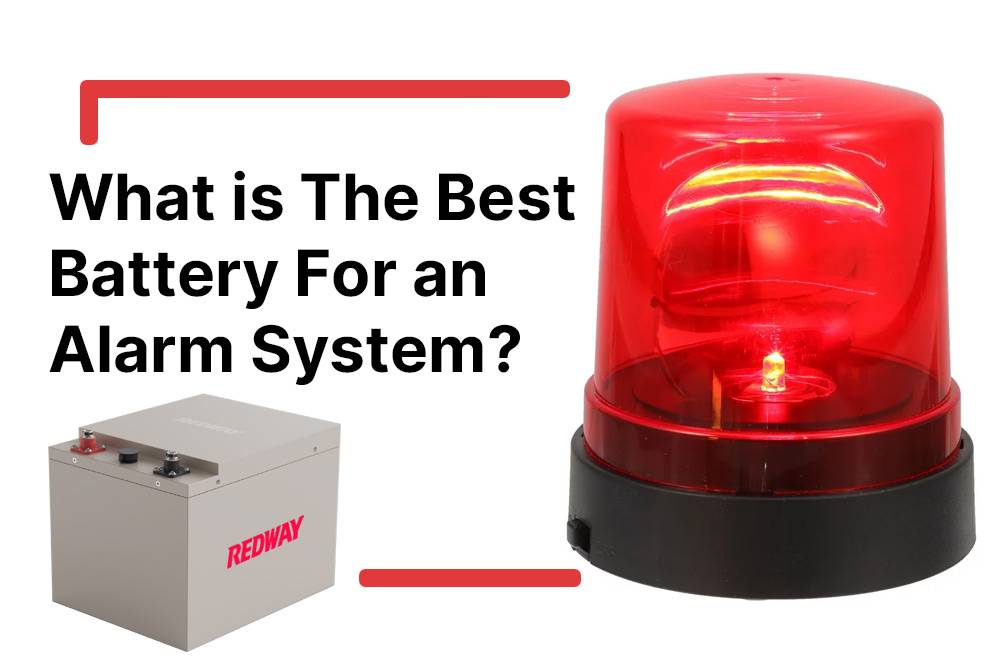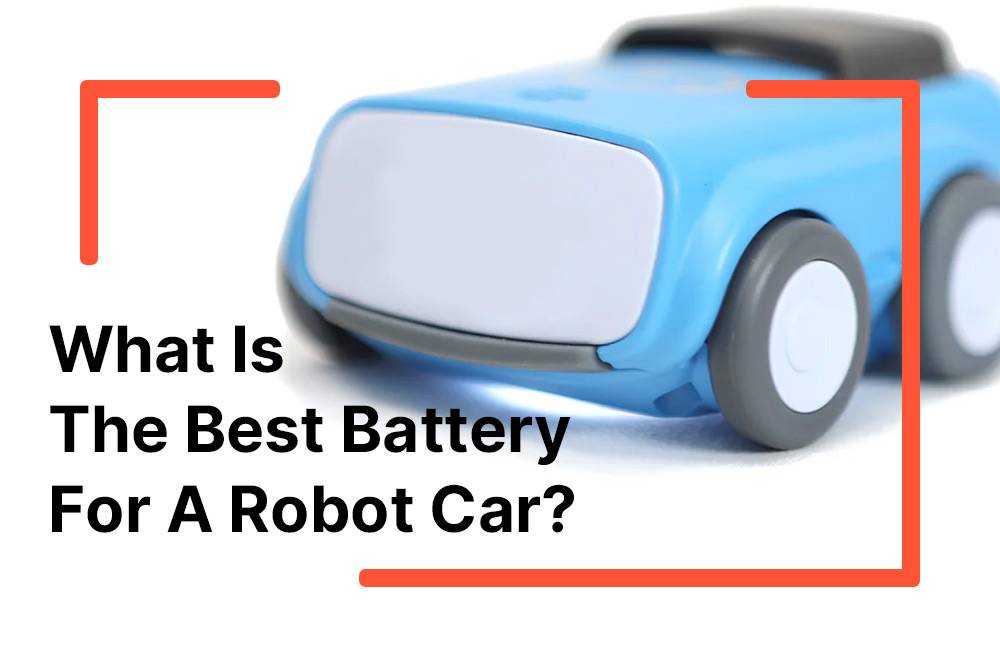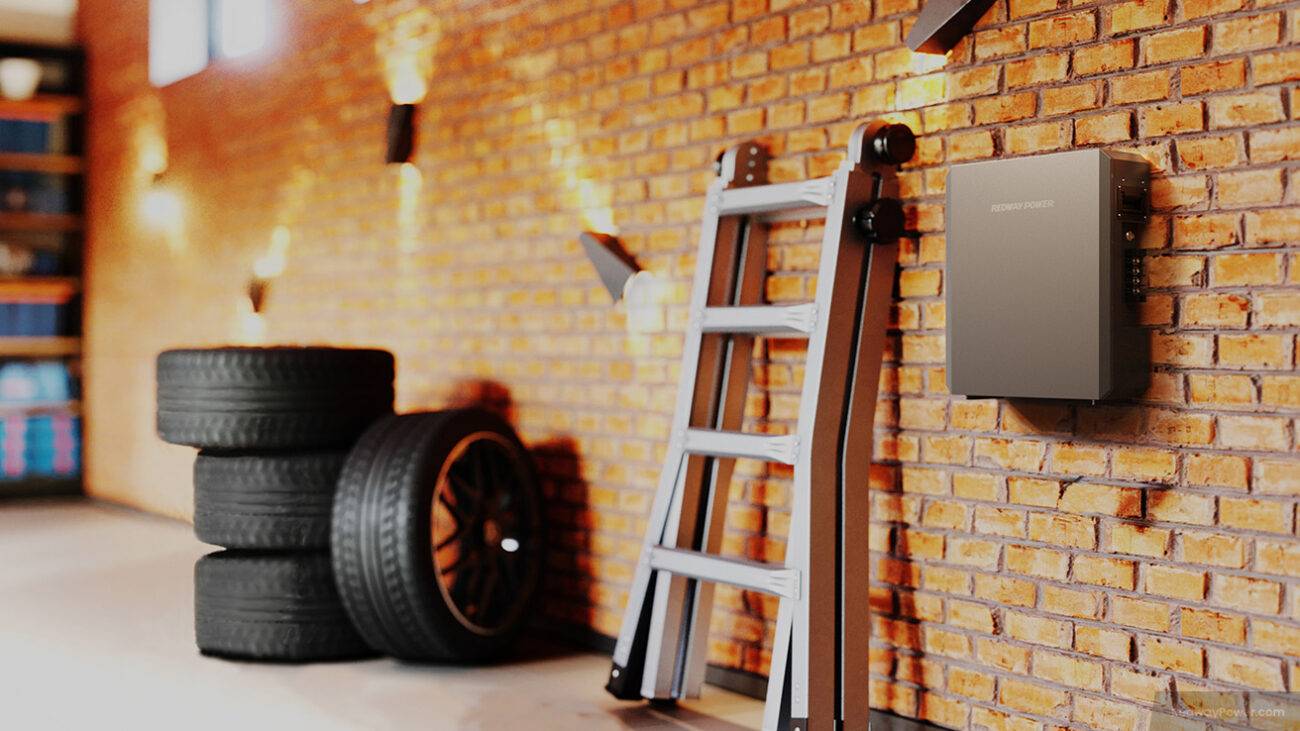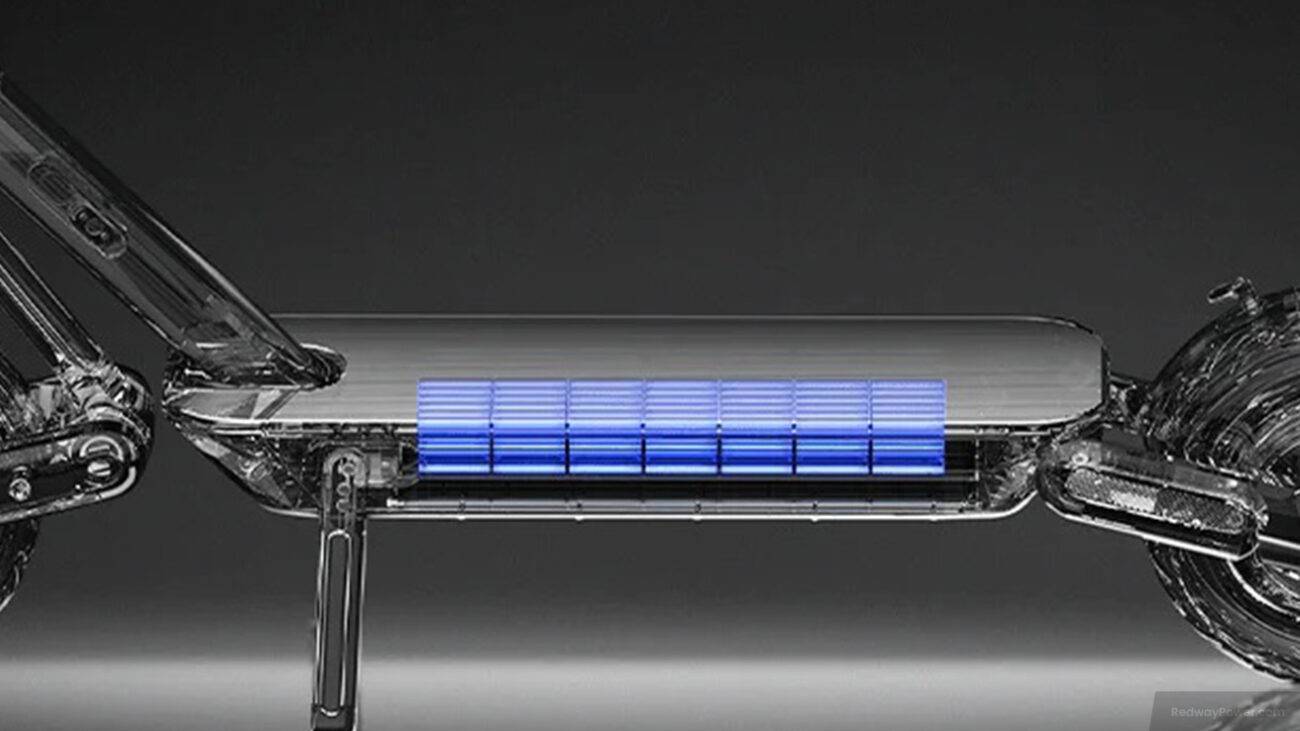- Forklift Lithium Battery
-
48V
- 48V 210Ah
- 48V 300Ah
- 48V 420Ah (949 x 349 x 569 mm)
- 48V 420Ah (950 x 421 x 450 mm)
- 48V 456Ah
- 48V 460Ah (830 x 630 x 590 mm)
- 48V 460Ah (950 x 421 x 450 mm)
- 48V 460Ah (800 x 630 x 600 mm)
- 48V 460Ah (820 x 660 x 470 mm)
- 48V 500Ah
- 48V 560Ah (810 x 630 x 600 mm)
- 48V 560Ah (950 x 592 x 450 mm)
- 48V 600Ah
- 48V 630Ah
-
48V
- Lithium Golf Cart Battery
- 12V Lithium Battery
12V 150Ah Lithium RV Battery
Bluetooth App | BCI Group 31
LiFePO4 Lithium
Discharge Temperature -20°C ~ 65°C
Fast Charger 14.6V 50A
Solar MPPT Charging - 24V Lithium Battery
- 36V Lithium Battery
- 48V Lithium Battery
-
48V LiFePO4 Battery
- 48V 50Ah
- 48V 50Ah (for Golf Carts)
- 48V 60Ah (8D)
- 48V 100Ah (8D)
- 48V 100Ah
- 48V 100Ah (Discharge 100A for Golf Carts)
- 48V 100Ah (Discharge 150A for Golf Carts)
- 48V 100Ah (Discharge 200A for Golf Carts)
- 48V 150Ah (for Golf Carts)
- 48V 160Ah (Discharge 100A for Golf Carts)
- 48V 160Ah (Discharge 160A for Golf Carts)
-
48V LiFePO4 Battery
- 60V Lithium Battery
-
60V LiFePO4 Battery
- 60V 20Ah
- 60V 30Ah
- 60V 50Ah
- 60V 50Ah (Small Size / Side Terminal)
- 60V 100Ah (for Electric Motocycle, Electric Scooter, LSV, AGV)
- 60V 100Ah (for Forklift, AGV, Electric Scooter, Sweeper)
- 60V 150Ah (E-Motocycle / E-Scooter / E-Tricycle / Tour LSV)
- 60V 200Ah (for Forklift, AGV, Electric Scooter, Sweeper)
-
60V LiFePO4 Battery
- 72V~96V Lithium Battery
- Rack-mounted Lithium Battery
- E-Bike Battery
- All-in-One Home-ESS
- Wall-mount Battery ESS
-
Home-ESS Lithium Battery PowerWall
- 24V 100Ah 2.4kWh PW24100-S PowerWall
- 48V 50Ah 2.4kWh PW4850-S PowerWall
- 48V 50Ah 2.56kWh PW5150-S PowerWall
- 48V 100Ah 5.12kWh PW51100-F PowerWall (IP65)
- 48V 100Ah 5.12kWh PW51100-S PowerWall
- 48V 100Ah 5.12kWh PW51100-H PowerWall
- 48V 200Ah 10kWh PW51200-H PowerWall
- 48V 300Ah 15kWh PW51300-H PowerWall
PowerWall 51.2V 100Ah LiFePO4 Lithium Battery
Highly popular in Asia and Eastern Europe.
CE Certification | Home-ESS -
Home-ESS Lithium Battery PowerWall
- Portable Power Stations
What Is the Best Battery for Robotics Applications?
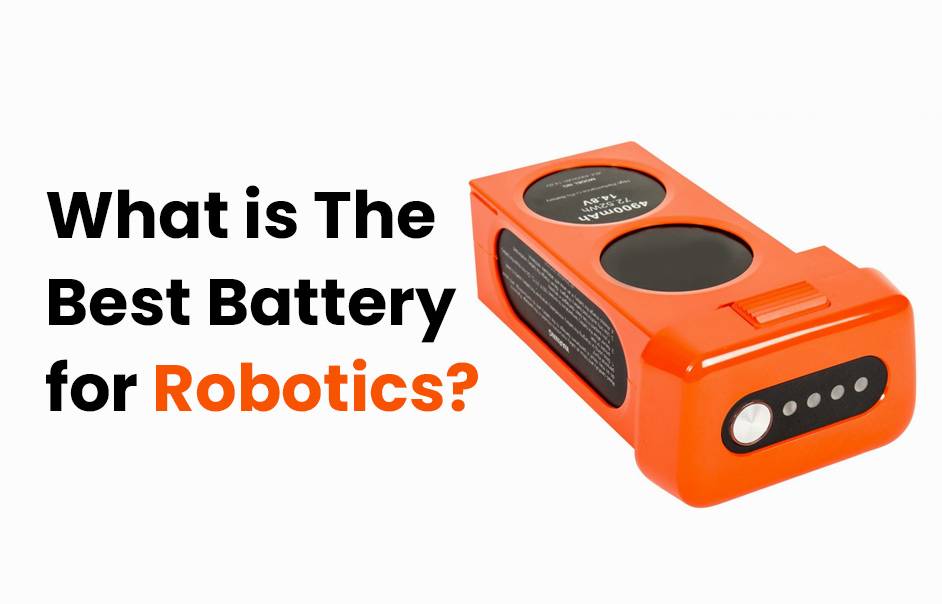
The best battery for robotics largely depends on the specific application and requirements of the robot. Lithium-ion and lithium polymer batteries are often favored due to their high energy density, lightweight design, and long cycle life. Understanding the various battery types and their characteristics is essential for selecting the right one.
What Types of Batteries Are Commonly Used in Robotics?
Several battery types are commonly used in robotics, each with unique characteristics:
- Lithium-Ion (Li-Ion): Known for high energy density and lightweight, making them ideal for mobile robots.
- Lithium Polymer (LiPo): Offers even higher energy density and is popular in applications requiring high discharge rates.
- Nickel-Metal Hydride (NiMH): Provides decent performance but is heavier than lithium-based options.
- Lead-Acid: While cost-effective and reliable, they are heavy and less efficient, typically used in stationary applications.
| Battery Type | Energy Density | Weight | Cycle Life |
|---|---|---|---|
| Lithium-Ion | High | Lightweight | 500 – 2000 cycles |
| Lithium Polymer | Very High | Lightweight | 300 – 1000 cycles |
| Nickel-Metal Hydride | Medium | Heavier | 200 – 1000 cycles |
| Lead-Acid | Low | Very Heavy | 200 – 500 cycles |
How Do Lithium-Ion Batteries Compare to Other Types?
Lithium-ion batteries stand out due to several advantages:
- High Energy Density: They can store more energy in a smaller size compared to other battery types.
- Long Cycle Life: With proper care, they can last several years, making them cost-effective over time.
- Low Self-discharge Rate: They hold their charge well when not in use, ensuring reliability.
In contrast, lead-acid batteries are heavier and have lower energy density, making them less suitable for mobile applications.
What Factors Should You Consider When Choosing a Battery?
When selecting a battery for robotics, consider:
- Voltage Requirements: Ensure compatibility with your robot’s power system.
- Capacity (Ah): Higher capacities provide longer runtimes; choose based on how long you need your robot to operate.
- Weight: Lighter batteries improve mobility and performance.
- Discharge Rate: Ensure the battery can deliver the required current without overheating or degrading.
| Factor | Importance |
|---|---|
| Voltage | Compatibility with components |
| Capacity (Ah) | Affects runtime |
| Weight | Impacts mobility |
| Discharge Rate | Determines performance under load |
Why Is Battery Weight Important in Robotics?
Battery weight is crucial because:
- Mobility: Heavier batteries can hinder movement and affect overall robot design.
- Power-to-Weight Ratio: A higher ratio means better performance; lighter batteries allow for more payload capacity or increased speed.
- Stability: The weight distribution affects how the robot handles during operation.
What Are the Advantages of Lithium Polymer Batteries?
Lithium polymer batteries offer several benefits:
- Lightweight Design: Ideal for applications where weight is a critical factor.
- High Discharge Rates: Suitable for high-performance robots that require bursts of power.
- Flexible Shapes: Can be manufactured in various shapes and sizes to fit specific designs.
How Do Battery Specifications Affect Performance?
Battery specifications significantly impact how well a battery performs:
- Voltage Rating: Determines how much power can be delivered; ensure it matches your robot’s requirements.
- Amp Hours (Ah): Indicates capacity; higher Ah ratings mean longer runtimes under similar loads.
| Specification | Importance |
|---|---|
| Voltage | Determines compatibility |
| Amp Hours (Ah) | Affects runtime |
Can You Use Lead-Acid Batteries in Robotics?
While you can use lead-acid batteries in robotics, they are generally not recommended due to:
- Weight Issues: They are significantly heavier than lithium-based alternatives.
- Lower Efficiency: They have lower energy density and shorter cycle life compared to lithium-ion or lithium polymer batteries.
- Performance Limitations: They may not deliver sufficient power for high-drain applications.
Replacement Options for Lithium-Ion Batteries
For those looking for alternatives or replacements, consider:
- Nickel-Metal Hydride (NiMH): Offers decent performance but generally has lower energy density than lithium-ion.
- Lead-Acid Batteries: More affordable but heavier and less efficient compared to lithium-ion options.
- Solid-State Batteries: Emerging technology with potential advantages in safety and energy density.
Redway Power has great solutions for enhancing performance with high-quality lithium-ion batteries tailored to specific needs.
Tips for Battery Wholesale Buyers
When sourcing batteries wholesale, consider these key points:
- Quality Assurance: Ensure manufacturers adhere to strict quality standards.
- Experience: Choose manufacturers with proven expertise in lithium battery production.
- OEM Capabilities: Look for manufacturers like Redway Power, known for their OEM services, ensuring they can meet specific design requirements.
To place an OEM order with a reliable manufacturer like Redway Power, follow these steps:
- Define your specifications clearly.
- Contact the manufacturer to discuss your needs.
- Review samples or prototypes before finalizing your order.
Redway Power Expert Views
“Selecting the right battery type is crucial when powering your robotics projects,” states an expert from Redway Power. “Understanding how different batteries perform under various conditions will help you make informed decisions.”
FAQ Section
- What type of battery is best suited for robotics?
Lithium-ion and lithium polymer batteries are often preferred due to their high energy density and lightweight design. - How do I determine the right amp hour rating?
Consider how long you plan to operate your robot; higher Ah ratings will provide longer runtimes. - Can I use lead-acid batteries in my robot?
Yes, but they are generally not recommended due to their weight and lower efficiency compared to lithium-based options.















